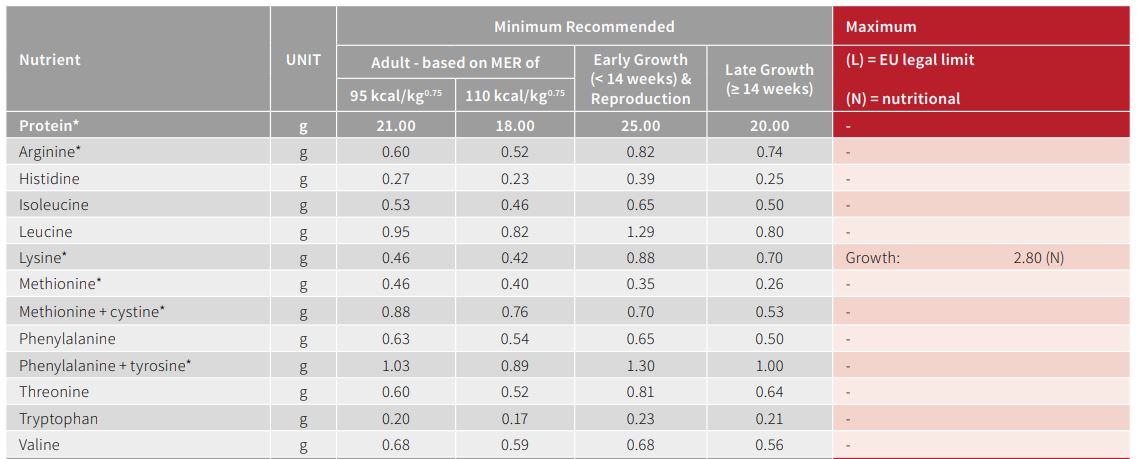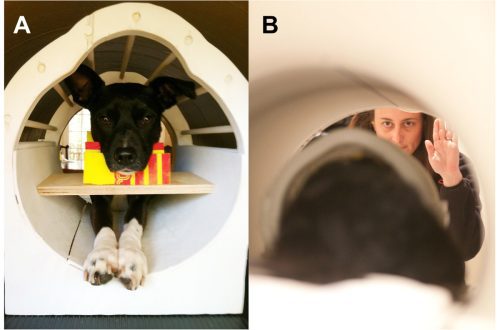
How to Assess the Nutrient Requirements of a Specific Dog
CARE FOR ADULT DOG
Different dogs have different needs
A dog between one and six years of age is considered an adult. Typically, these dogs require controlled levels of phosphorus, sodium, protein and energy. It is necessary to choose the right food for adult animals.
Different pets may have different needs. In order to determine the unique nutritional needs of your adult dog, your activity level should be assessed. You need to answer the following questions:
- Is your dog classified as a hunting, sporting or working dog?
- Does she get an average amount of physical activity during daily play and walks?
- Can you call your dog’s activity level low? Does she gain weight easily?
Proper nutrition can also help with problems such as bad breath, sensitive skin, or gastrointestinal problems. Labrador Retrievers, Golden Retrievers, Cairn Terriers, Cocker Spaniels, Dachshunds, Pugs, Shetland Sheepdogs, Basset Hounds and Beagles are prone to gaining weight, so breed trends should be taken into account when choosing a dog food.
A common problem in adult dogs is kidney disease. Excess phosphorus, protein, and salt in the diet can exacerbate the progression of kidney damage, leading to kidney failure and death. Therefore, an unbalanced high content of phosphorus, protein and salt is a nutritional risk factor. Some commercial pet foods contain excess amounts of protein, phosphorus, calcium, and salt. Excess of these nutrients must be excreted through the kidneys, which becomes a nutritional risk factor.





